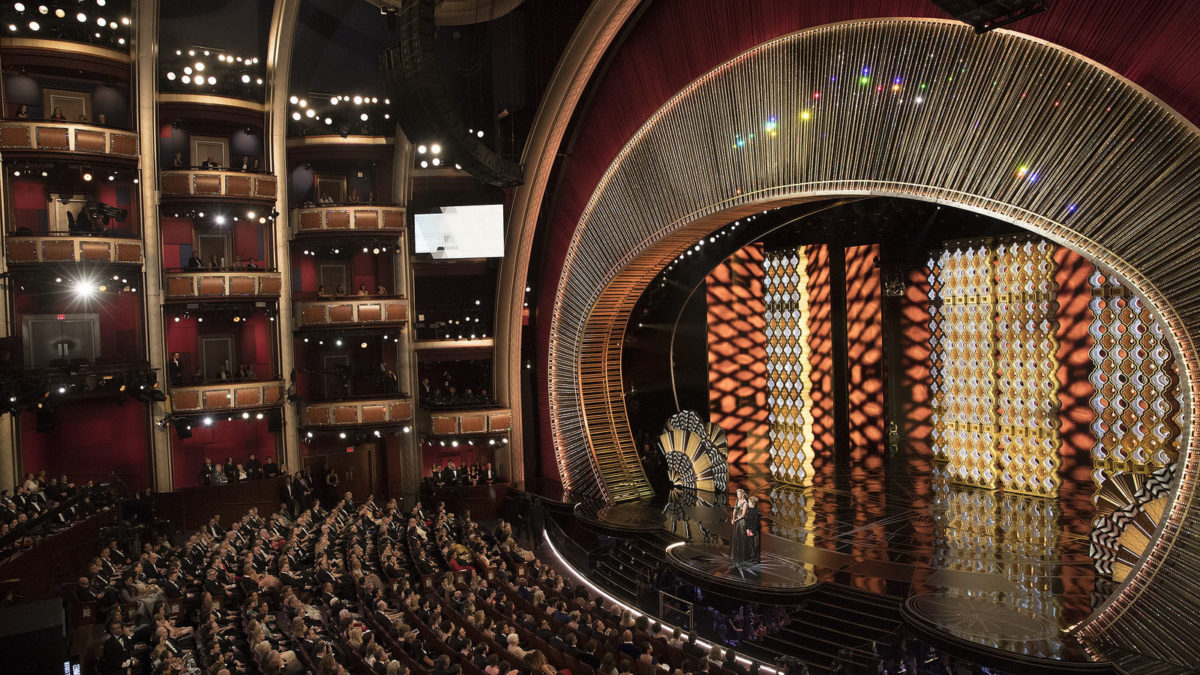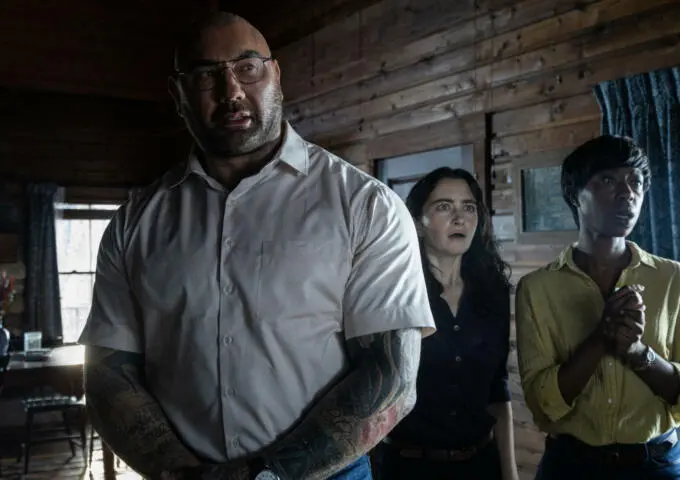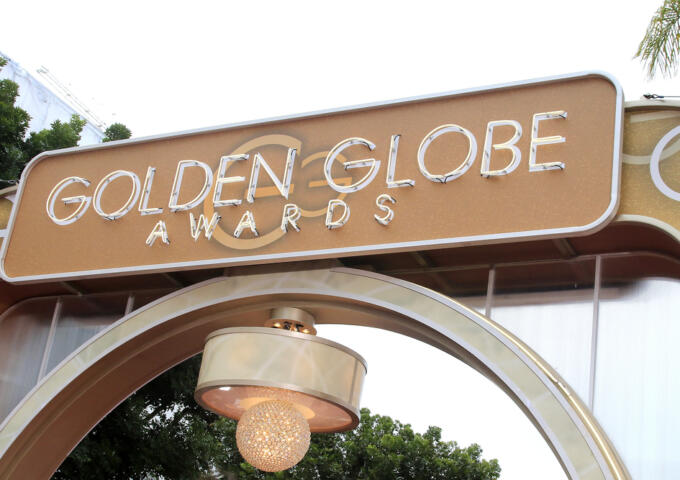After a lengthy buildup in which ABC and Academy Awards producers floated one ill-advised travel balloon after another, only to abandon them all, the result of Sunday night’s Oscar Awards ceremony was the leanest, breeziest, most well-produced Oscar telecast in memory.
It even, in a surprise, managed to reverse the show’s years-long rating decline, according to early numbers.
It’s just a shame about some of those winners.
The Academy, following a double-digit rating decline for its 2018 iteration, has spent the time since coming up with all sorts of gimmicks to bring eyeballs back (see the “popular film” award, presenting some awards during commercial breaks, etc.) but said ideas caused a major backlash and were quickly abandoned. It also took the Academy months later than usual to name a host, but we all know what happened to the idea of Philly native Kevin Hart emceeing the show.
Most Oscar observers were expecting a disaster Sunday night. Instead, they got a telecast with a handful of memorable moments, not a great deal of wasted time, and an answer to the question of whether the Oscars even need a host.
In short, they don’t.
There was even a monologue — delivered by the Saturday Night Live veteran triumvirate of Tina Fey, Amy Poehler, and Maya Rudolph – but it was shorter than usual, and the lack of a real host meant we didn’t get any of those excruciating comedy bits with pizza deliveries or selfies or visits to the theater next door. There was one classic-movies montage, instead of three. There wasn’t even much comedy, besides a funny costume bit with Melissa McCarthy and Brian Tyree Henry, and a killer Mel Gibson joke by Trevor Noah.
The highlight of the night was the musical performance of “Shallow,” by Bradley Cooper and Lady Gaga, shot seamlessly from nontraditional angles, though not far behind was Gaga’s own acceptance speech, as well as Spike Lee finally winning his first-ever (non-honorary) Oscar, and jumping into the arms of his frequent collaborator Samuel L. Jackson. It was also wonderful to see Ruth E. Carter finally win for costume design for Black Panther.
There were not, however, many other award presentations that gave me much joy, because the Academy flubbed the ball in a serious way with several of the winners it chose this year.
Peter Farrelly’s odious Green Book won the Oscar for Best Picture, ending Crash’s 15-year reign as the most ill-considered film about race to ever win the Academy’s top prize. Not only was this gross white savior narrative was somehow honored in the year of If Beale Street Could Talk, Sorry To Bother You, Blindspotting, and BlackKklansman, but its mediocre script somehow took the Oscar for Best Original Screenplay, too.
On my personal Letterboxd ranking of the films of 2018, I had Green Book listed 315th.
Not much better was Bohemian Rhapsody, the Queen biopic that applied every music biopic cliche ever devised to provide a factually dodgy and ridiculously chaste look at Queen’s history, one that seemed to always center the perspectives of bandmates Brian May and Roger Taylor, who co-produced the film. It won four Oscars, and none of the four winners uttered the name “Bryan Singer” – the film’s credited director – in their speeches, for obvious reasons.
Rami Malek’s Best Actor win was a bit more defensible, although I couldn’t help but wish the version of the film that was hard-R and starred Sacha Baron Cohen had been produced, with Cohen winning that Best Actor Oscar instead. Also, Bohemian Rhapsody won for Best Editing, despite being one of the worst-edited movies I’ve ever seen. (“Bohemian Rhapsody won Best Editing for editing out all the gay sex scenes,” Gonzalo Cordova joked on Twitter).
A Star is Born, directed by local favorite son Bradley Cooper, entered awards season as the Oscar favorite but fell off that perch for reasons I never quite understood. It had to make do with only the Original Song win, and the hope that Cooper will have other bites at the Oscar apple with future directorial efforts.
The only local Oscar winner, it turns out, was not Cooper but rather Claire Sliney, a 20-year-old Penn sophomore who was one of the producers of Period. End of Sentence, which won in the Best Documentary Short category.
Roma director Alfonso Cuaron won three Oscars, for Best Director, Best Foreign Language Film, and Best Cinematography, and gave three separate acceptance speeches; I’d love to know the thought process behind which things to say in which speech.
I was happy to see Regina King win for Best Supporting Actress for If Beale Street Could Talk, a film that I thought was better than all eight of the Best Picture nominees, and Olivia Colman was a pleasant surprise Best Actress winner for The Favourite.
In the Documentary Feature category, despite probably my five favorite docs of the year not being nominated, it was nice to see Free Solo upset RBG, while Spider-Man: Into the Spider-Verse was a worthy winner for Best Animated Feature.
I’m the sort of person who wouldn’t mind if the Oscars were five hours long, complete with every technical award, Lifetime Achievement speeches, and no time restriction at all on acceptance speech length. But I realize I’m not most people, and I applaud the Oscar producers for stumbling into the solution of keeping the show brisk, and not having a host. I wouldn’t be shocked if they go with the same formula next year.
But if they do, one request: Honor better movies.
Spend a night with Stephen Silver and other members of the Philadelphia Film Critics Circle as they debate the Oscars, Tuesday, Feb. 26 at 6:30 p.m. at the Philadelphia Film Center’s Black Box theater. The event, presented by the Greater Philadelphia Film Office, was postponed due to weather from its planned pre-Oscars date last week.
TWITTER: @STEPHENSILVER




